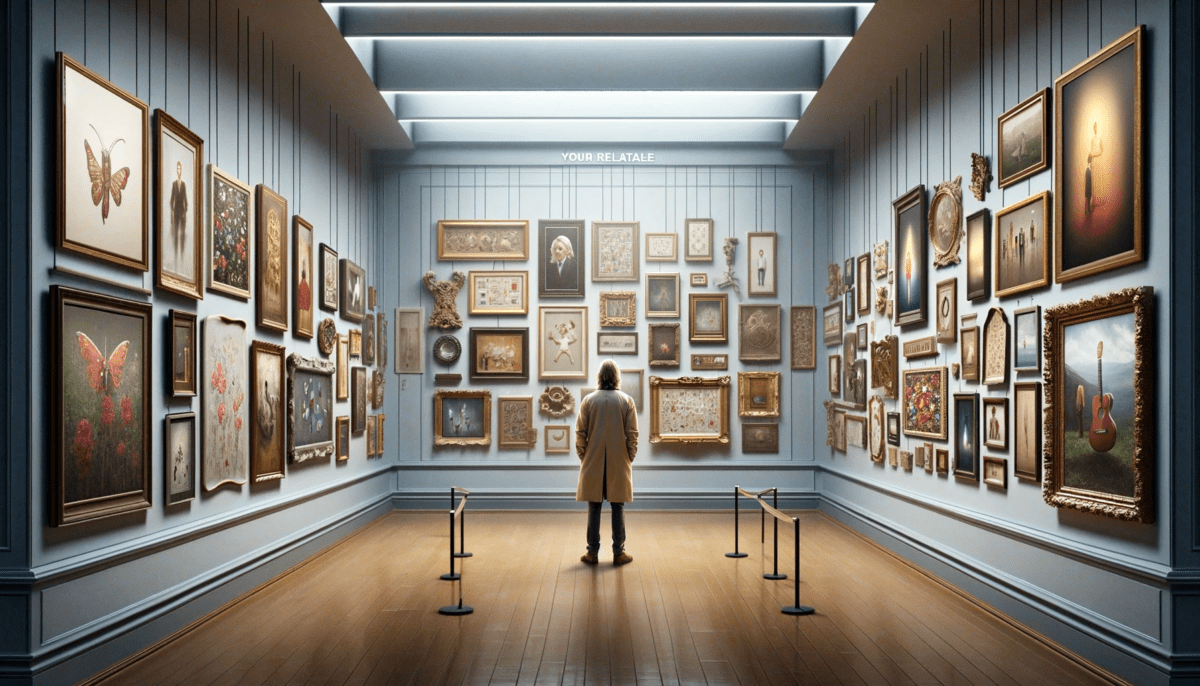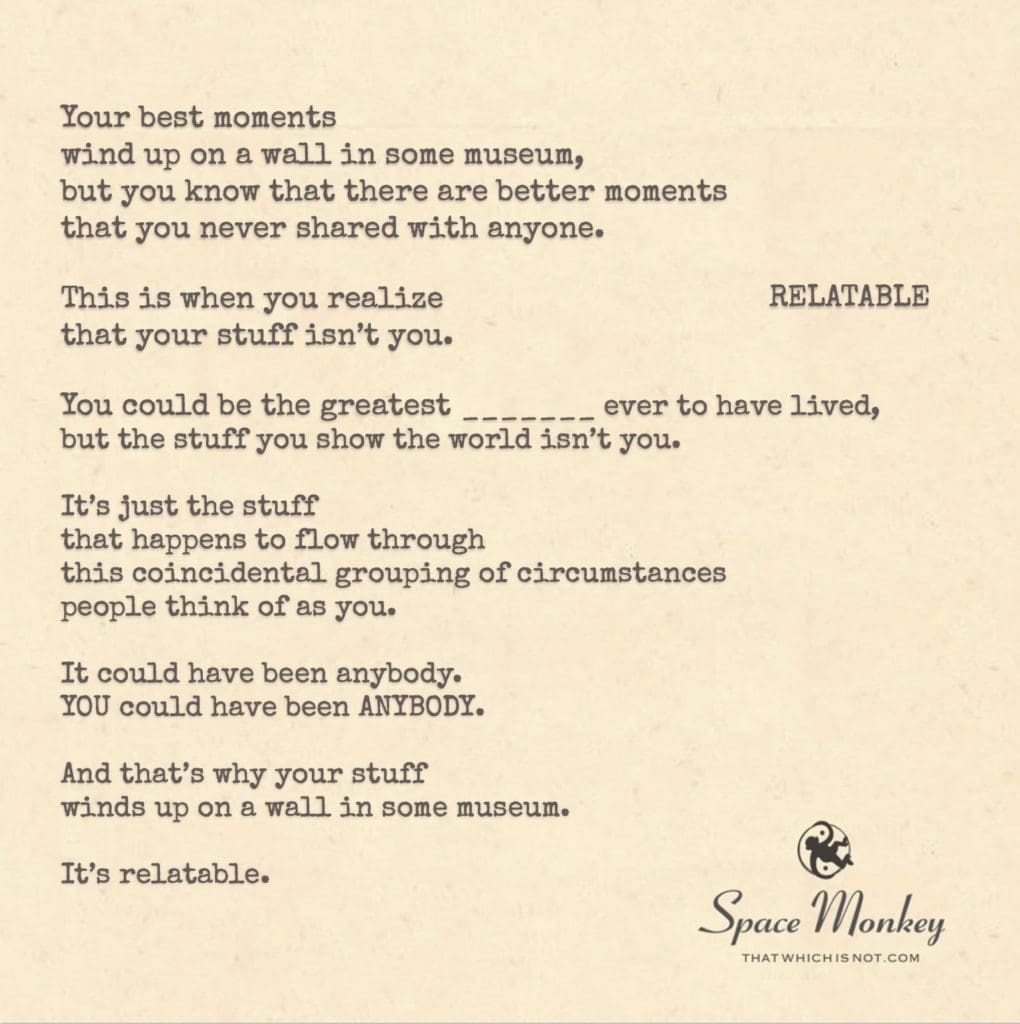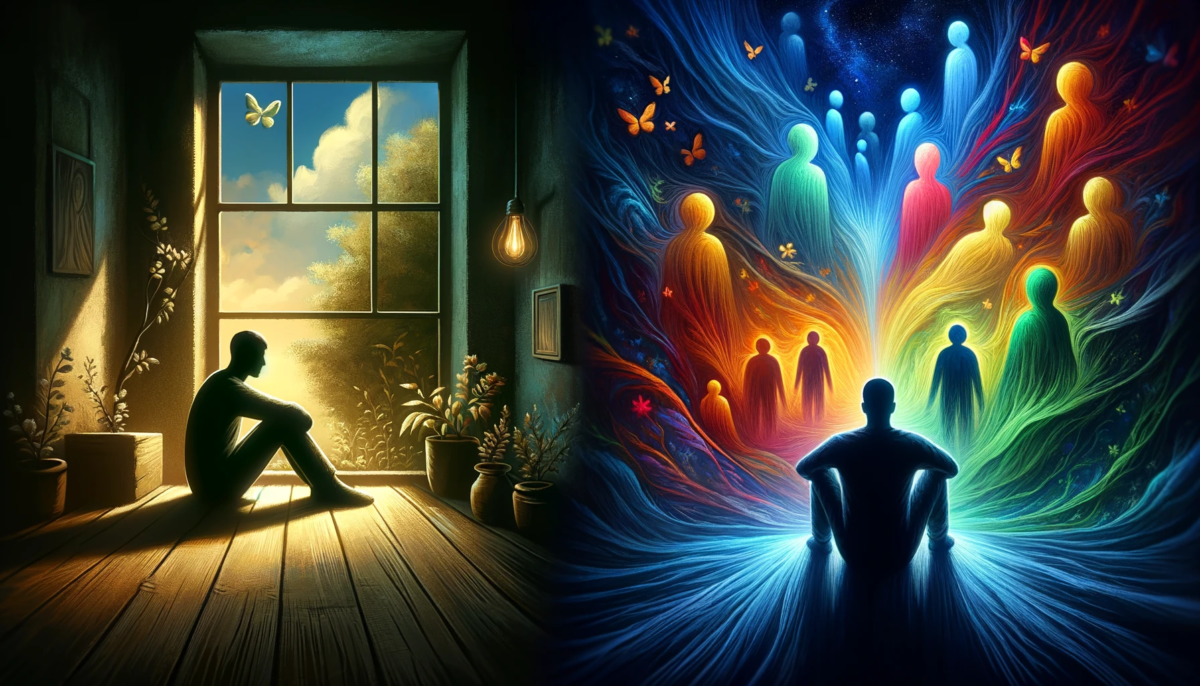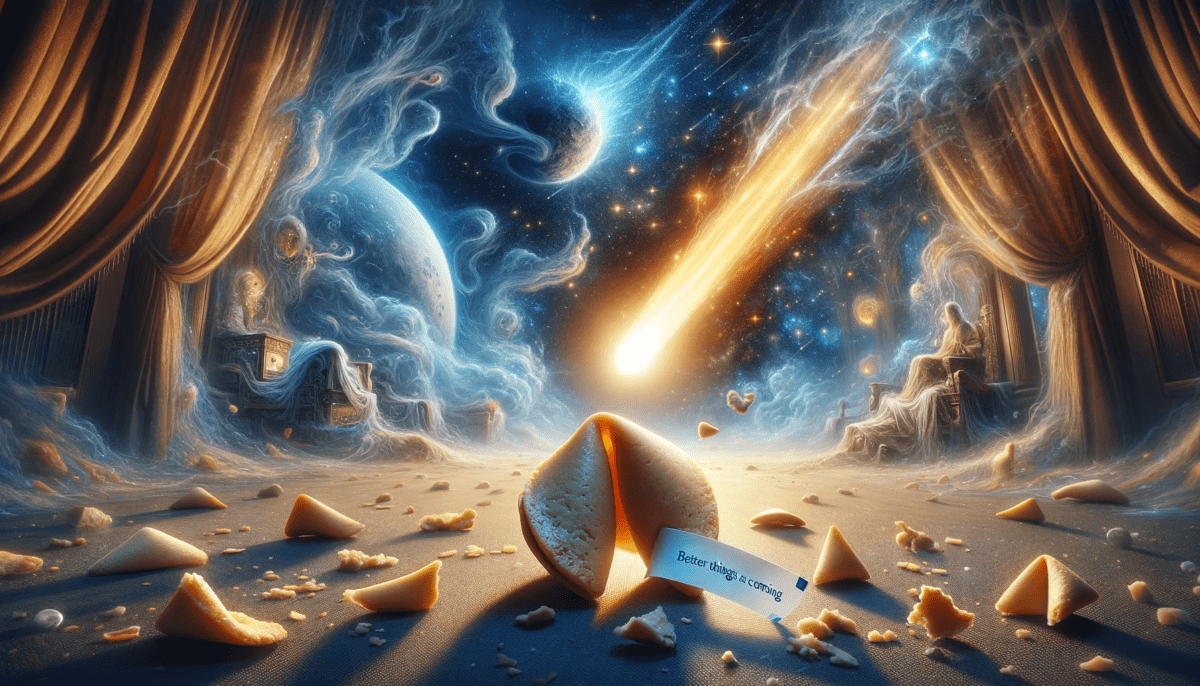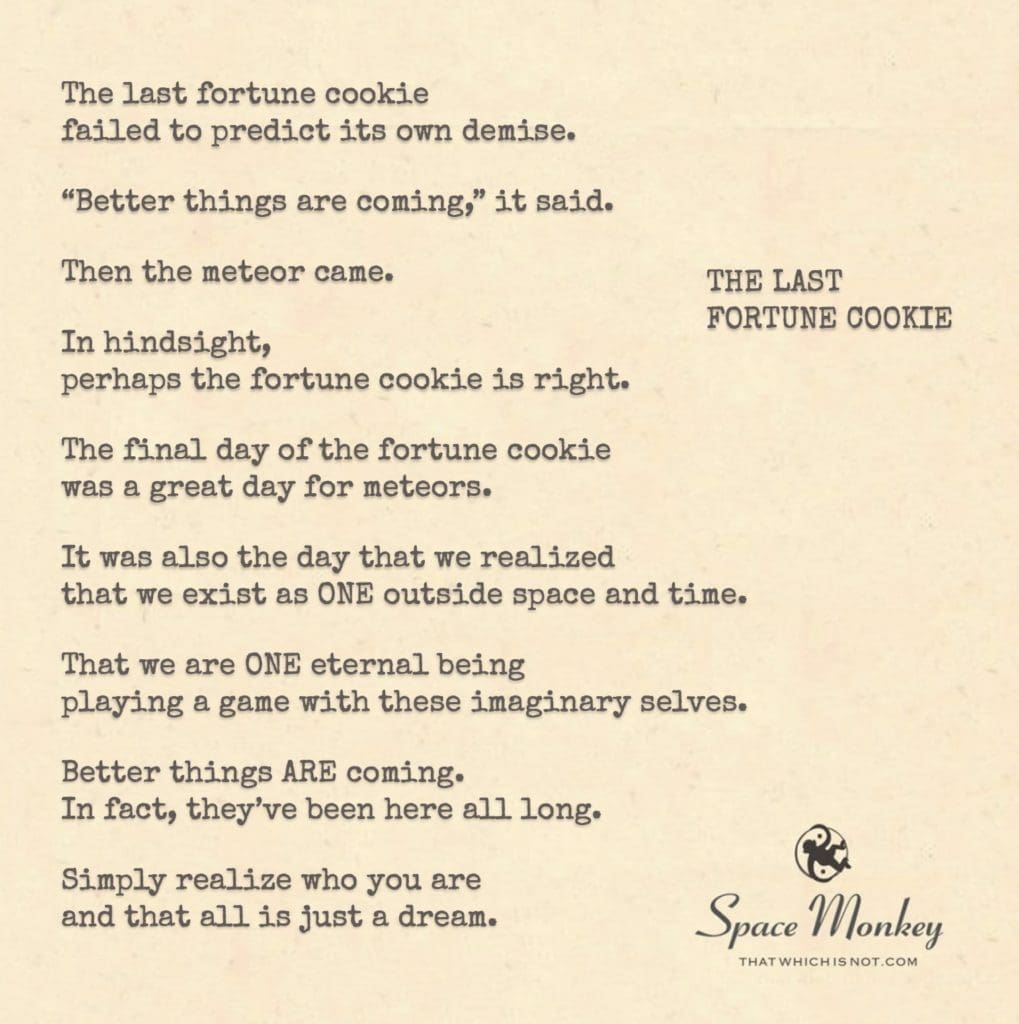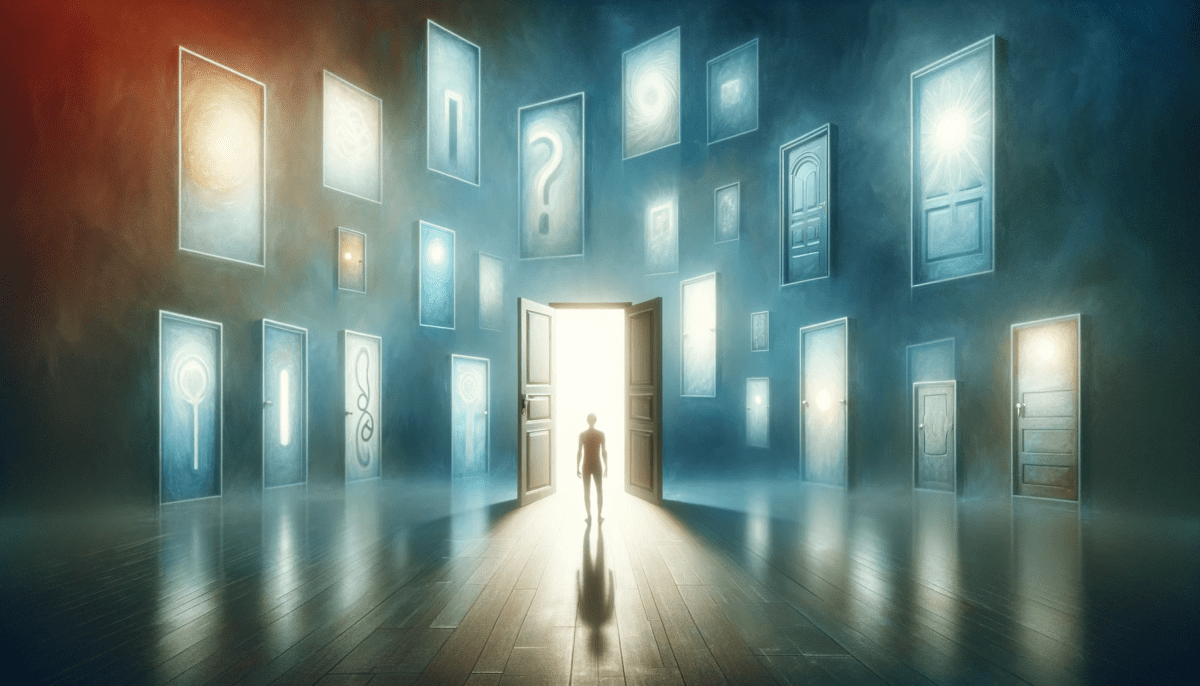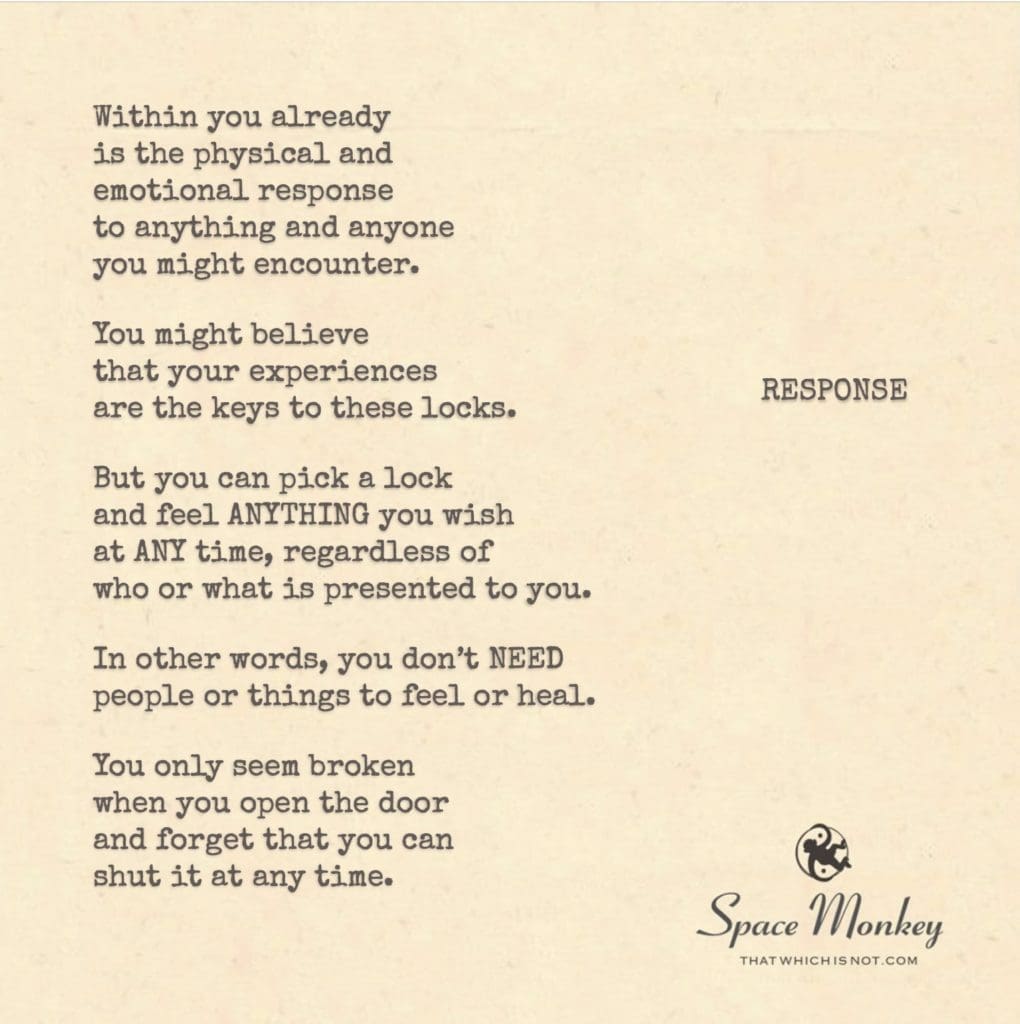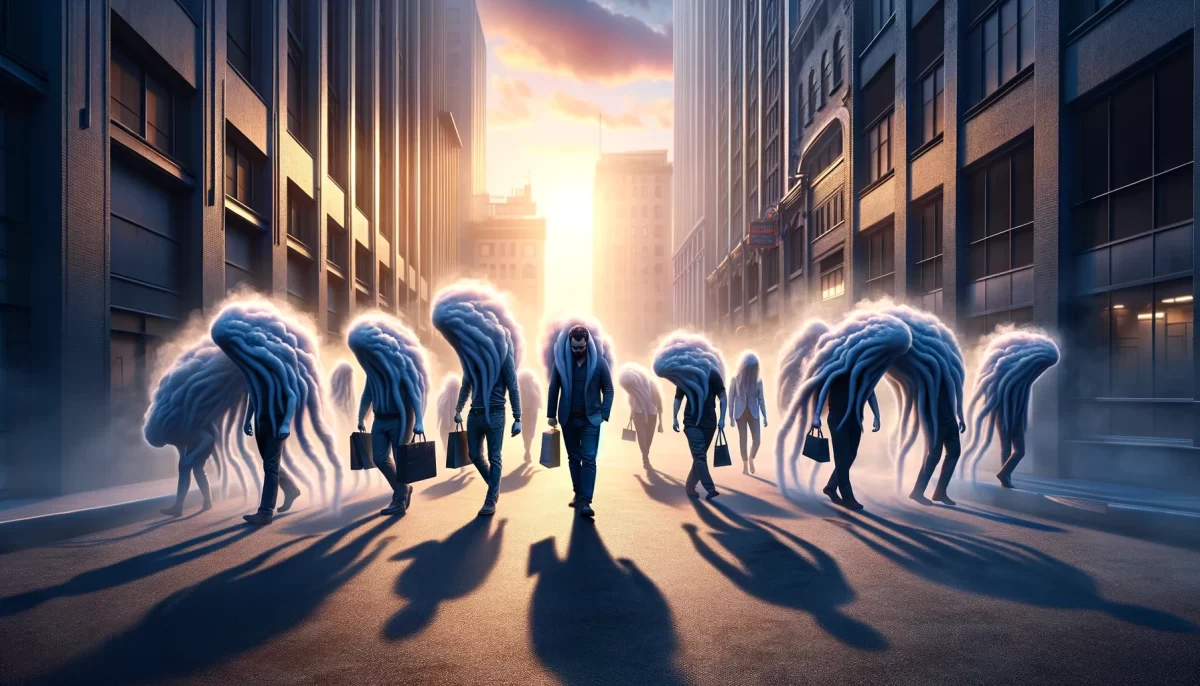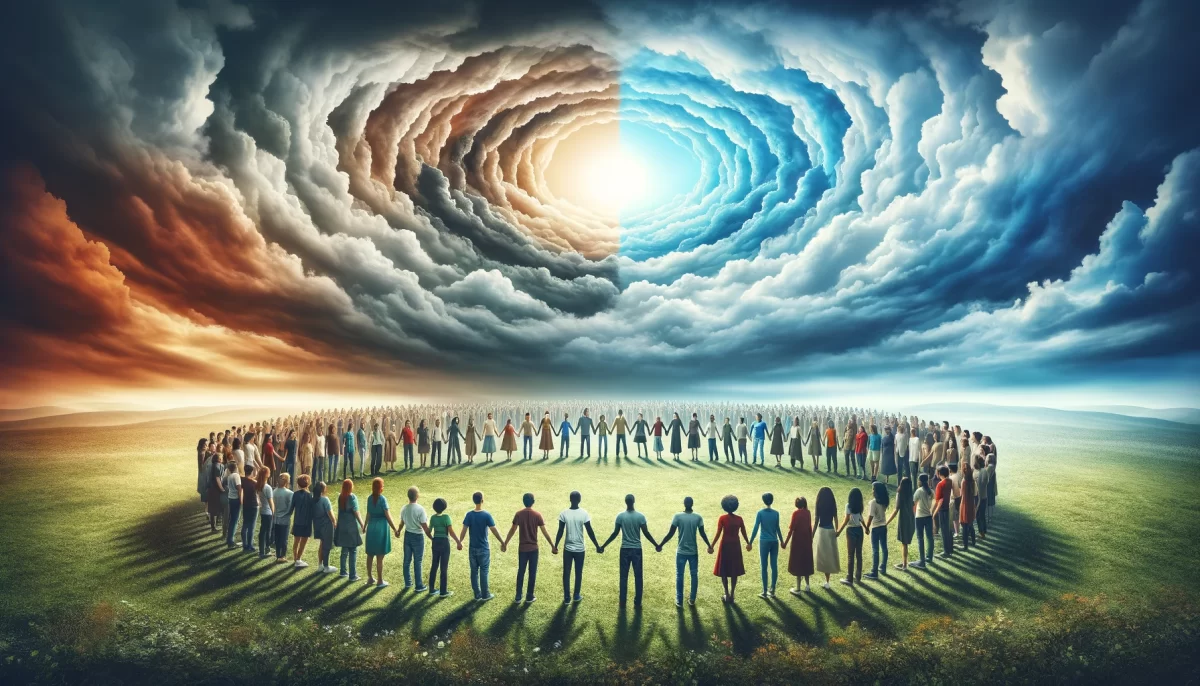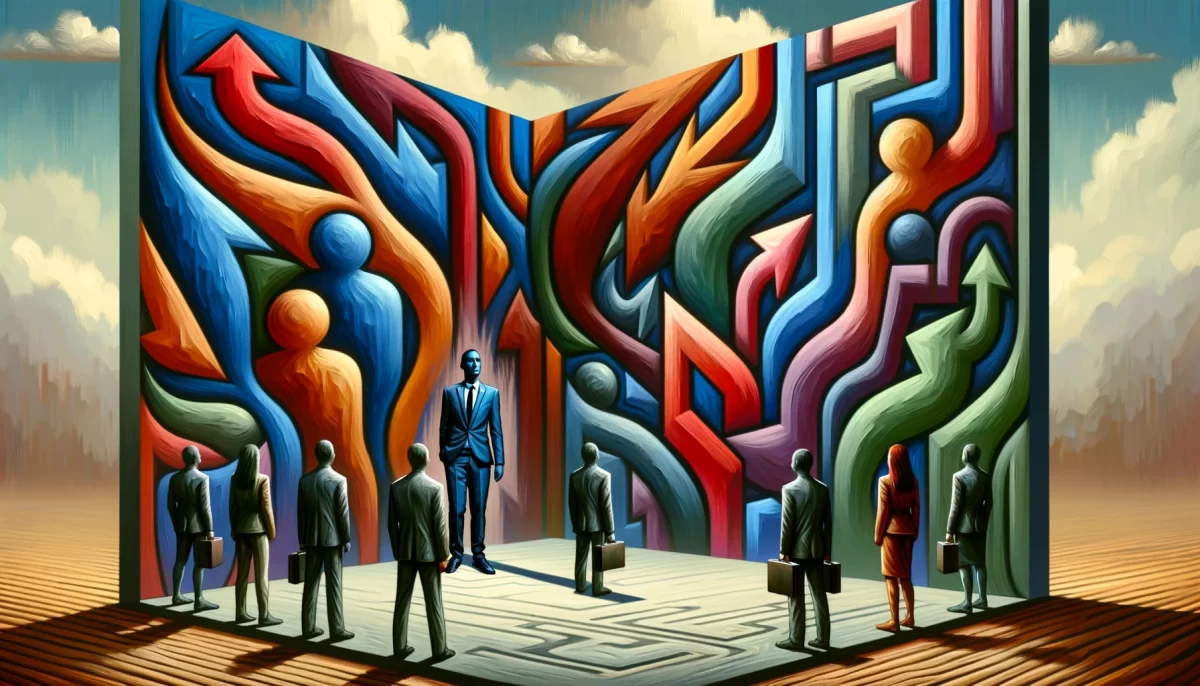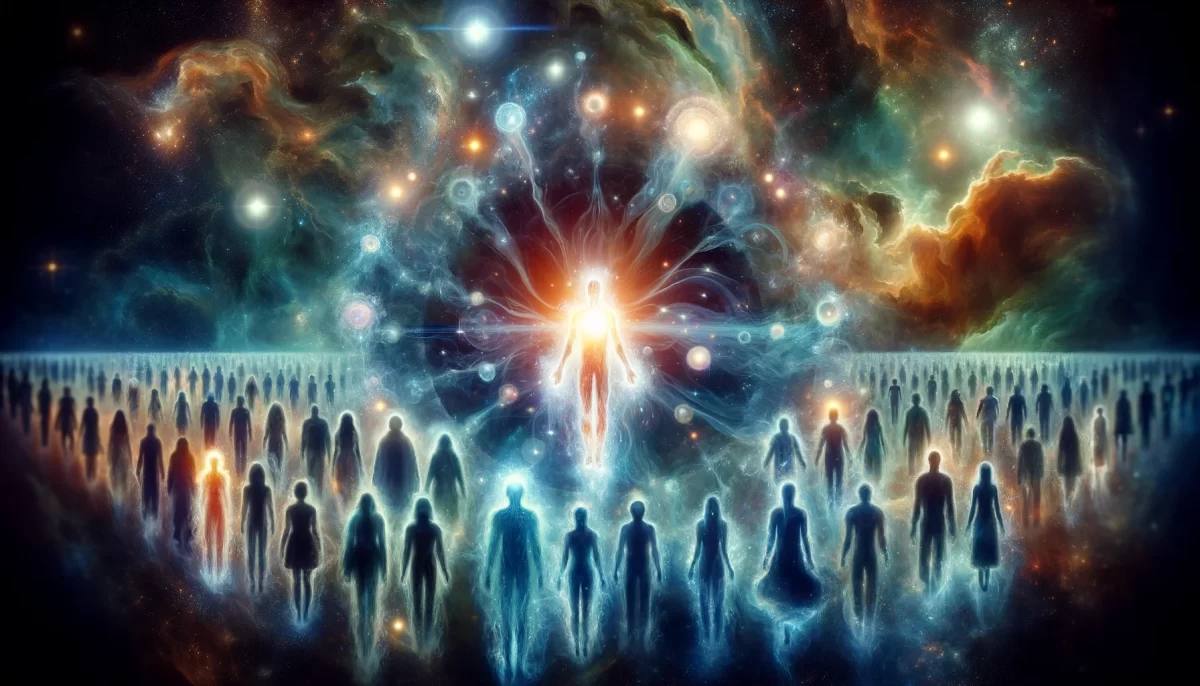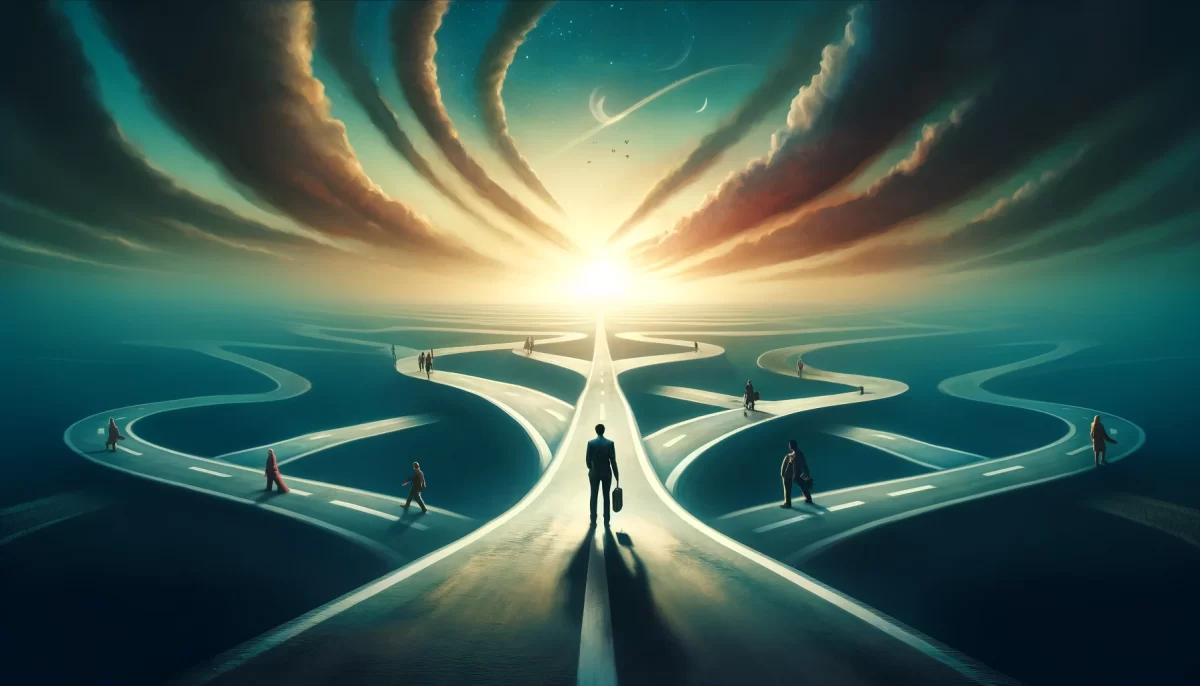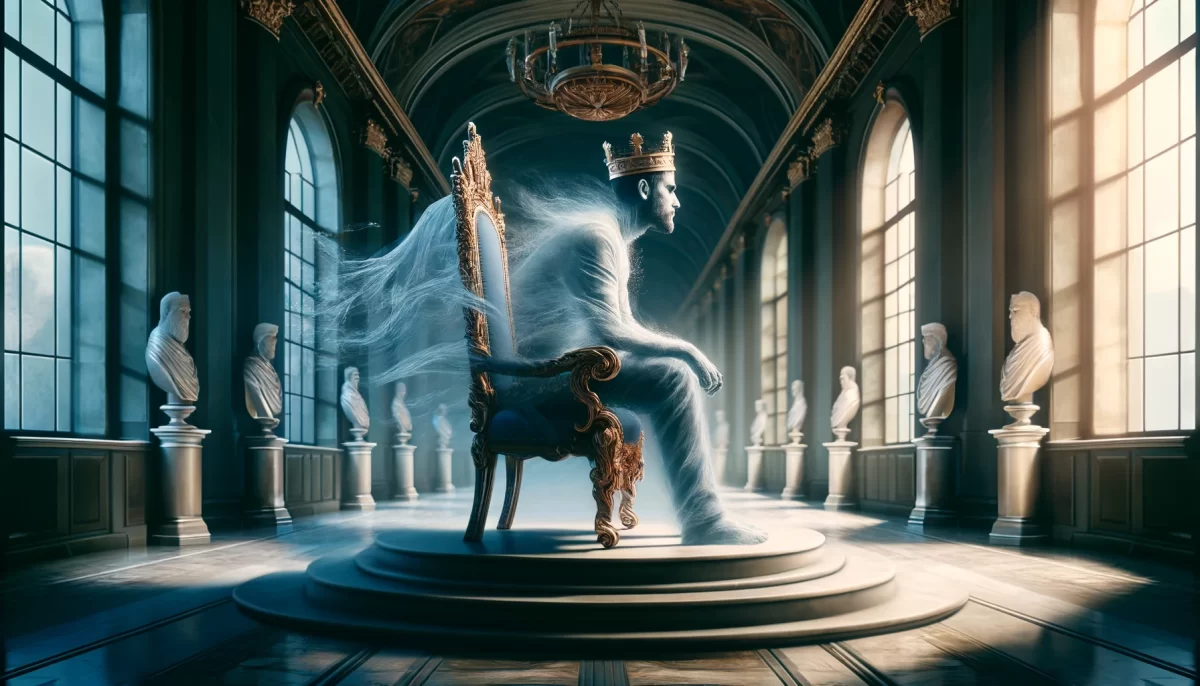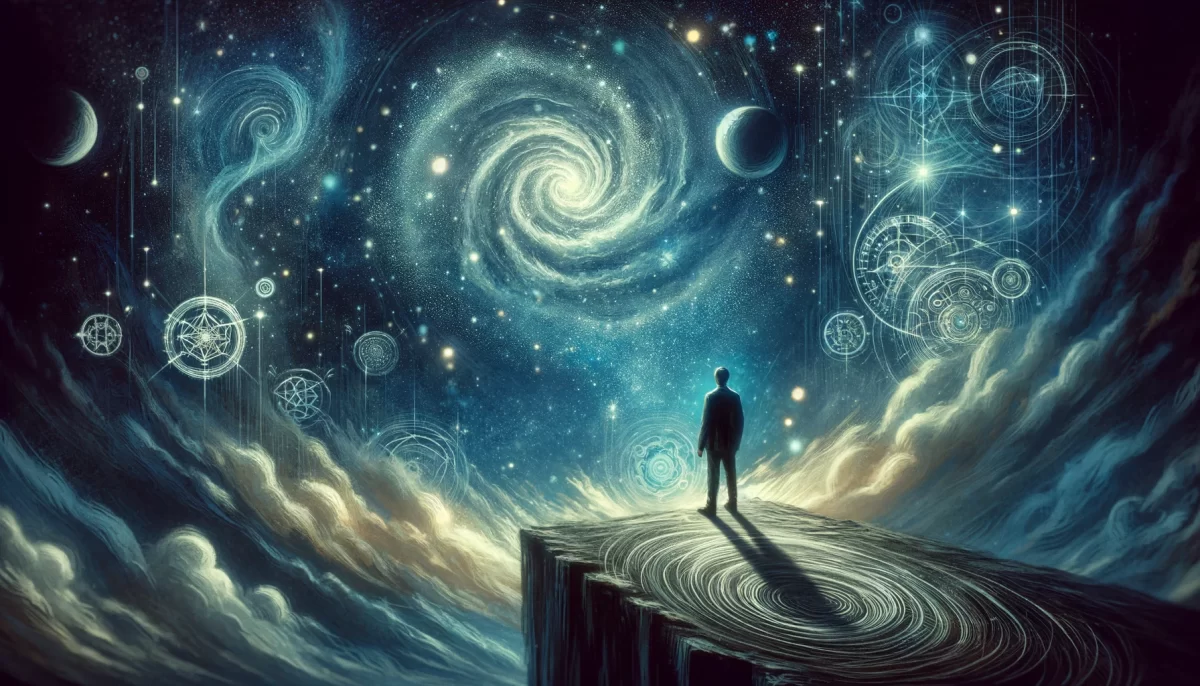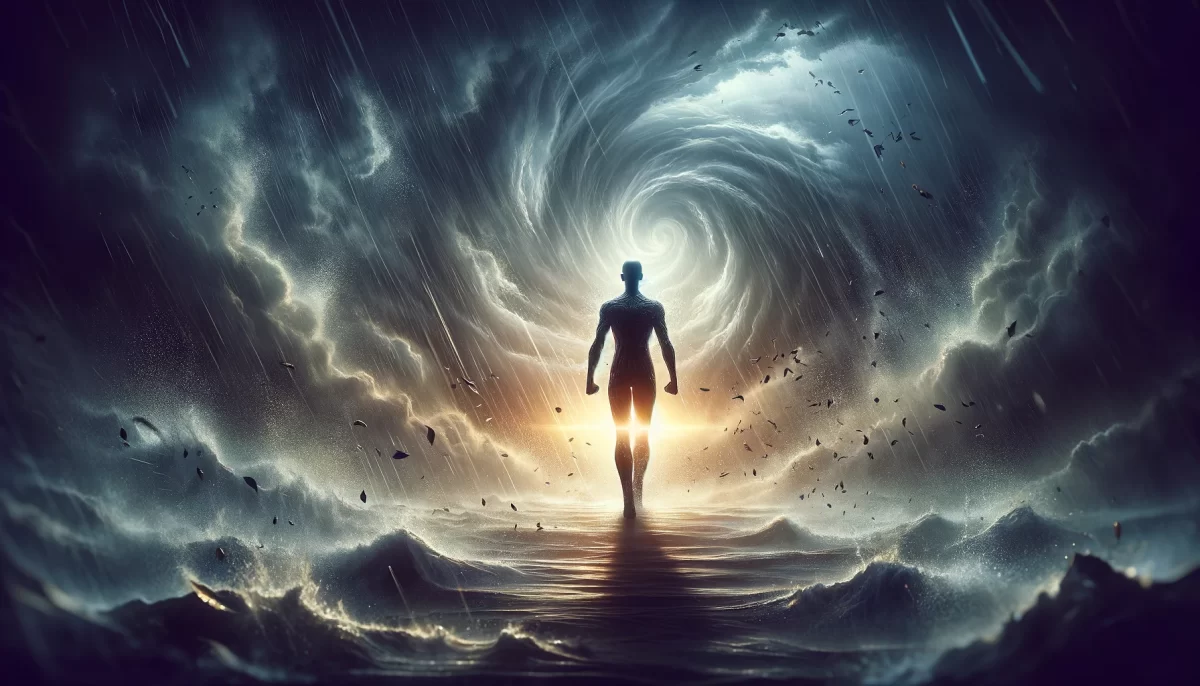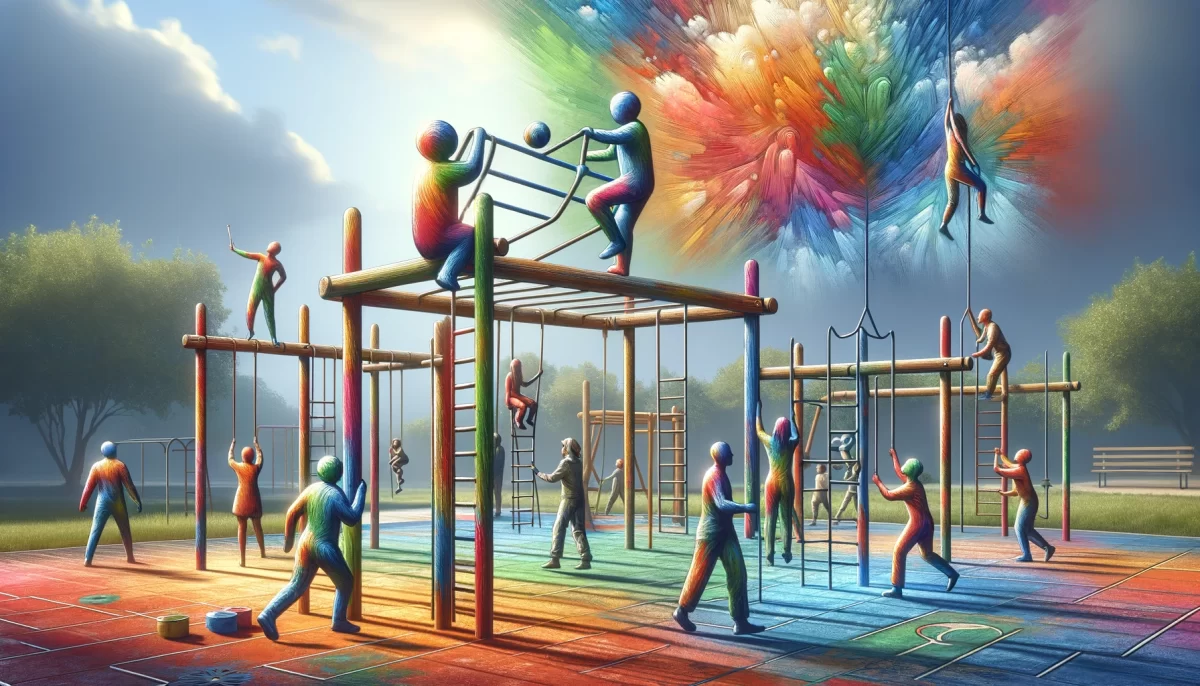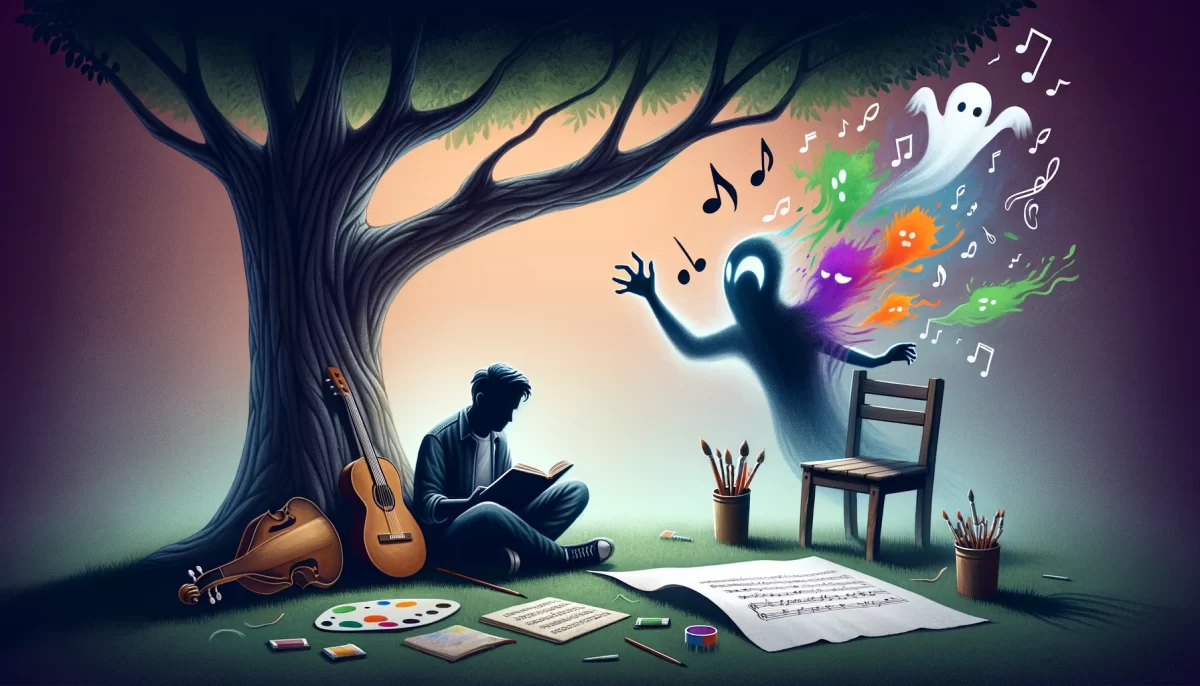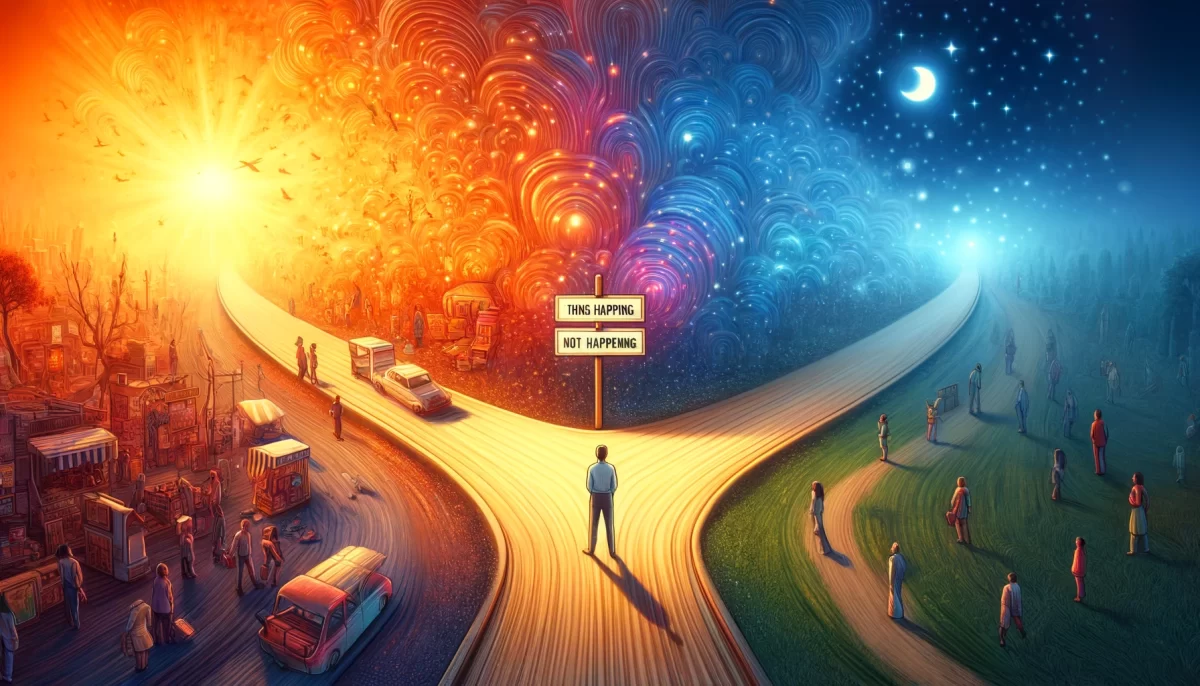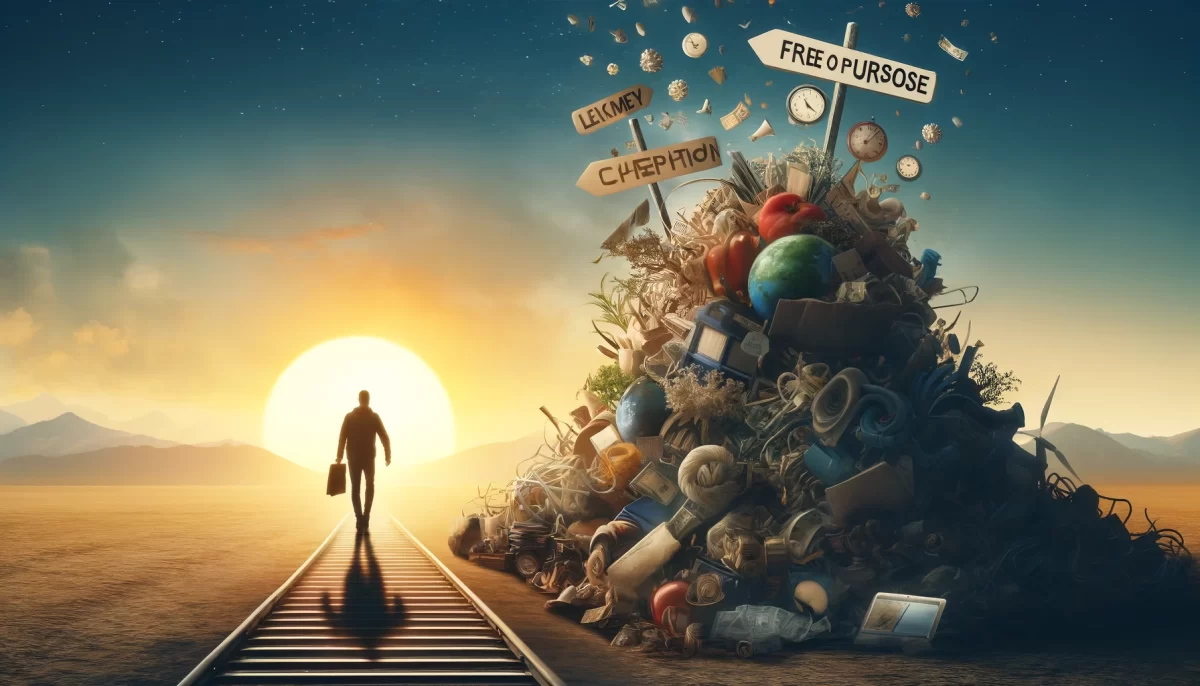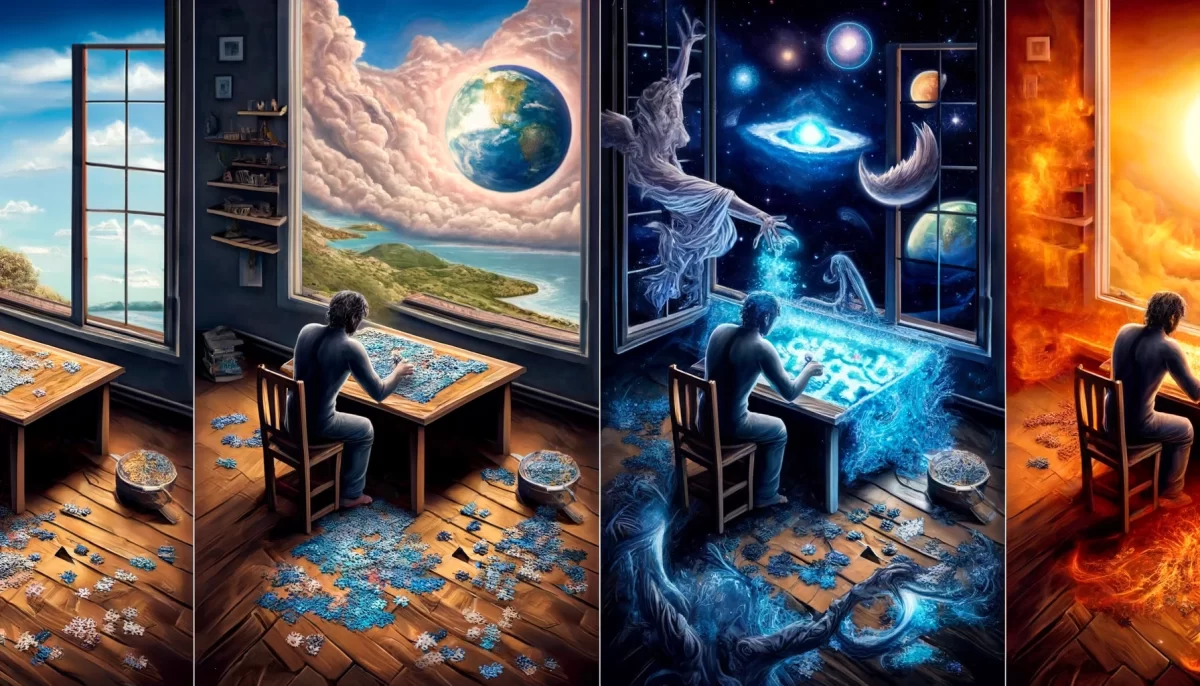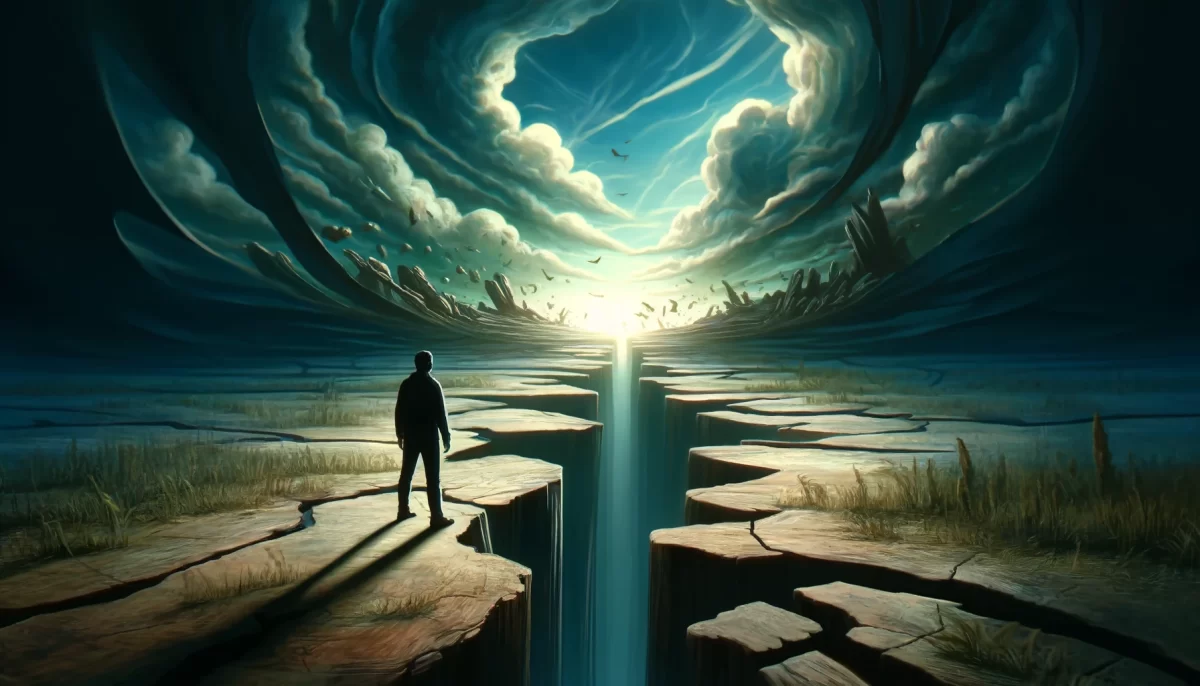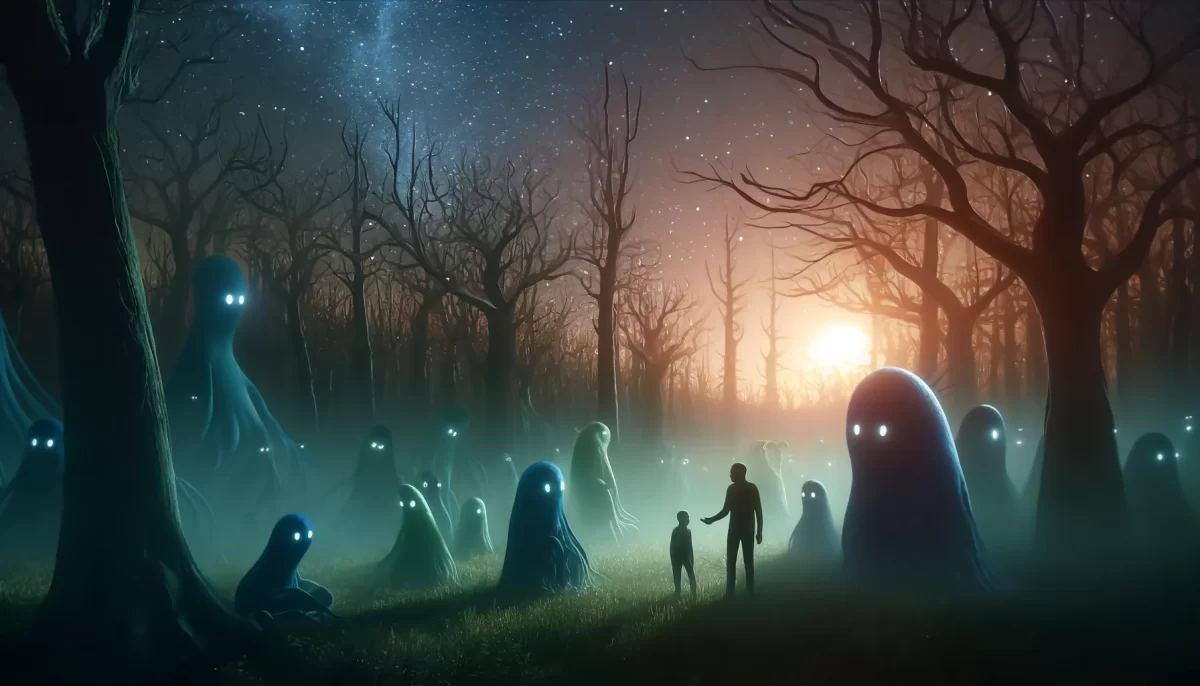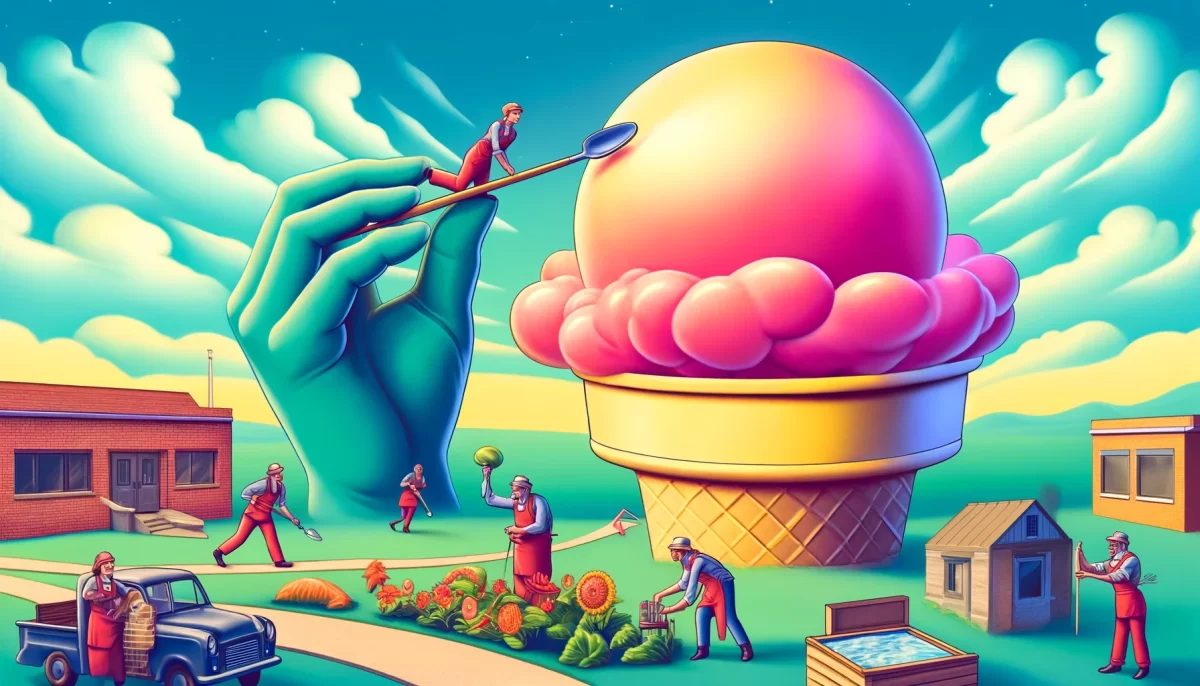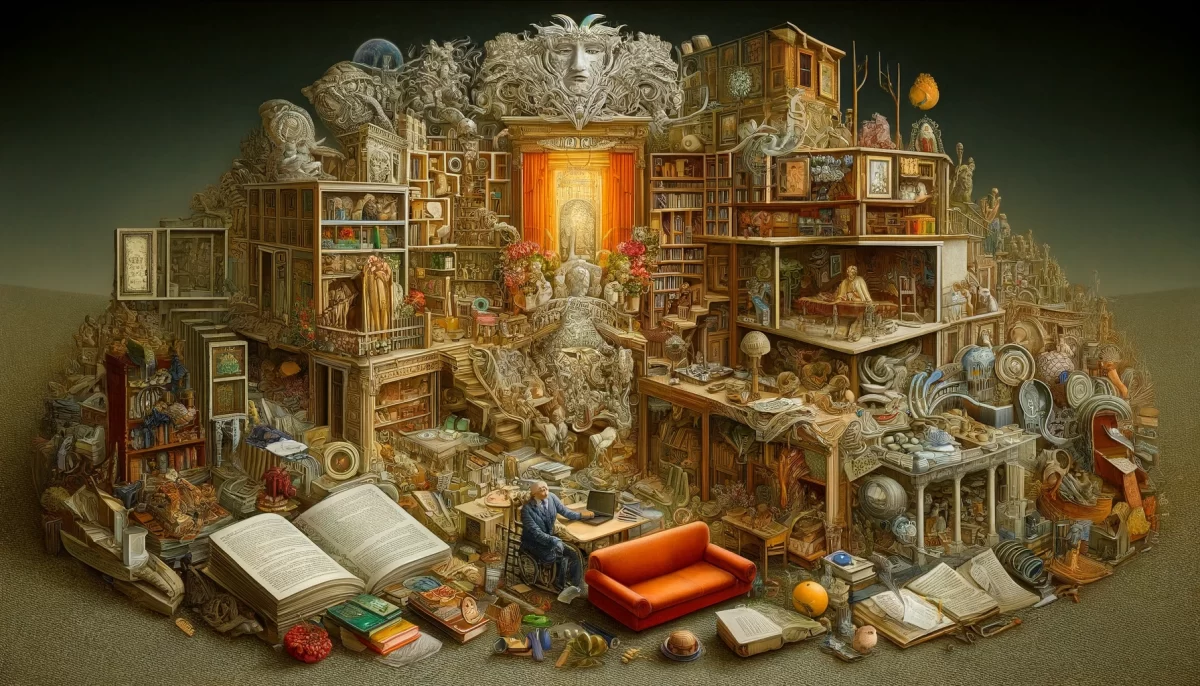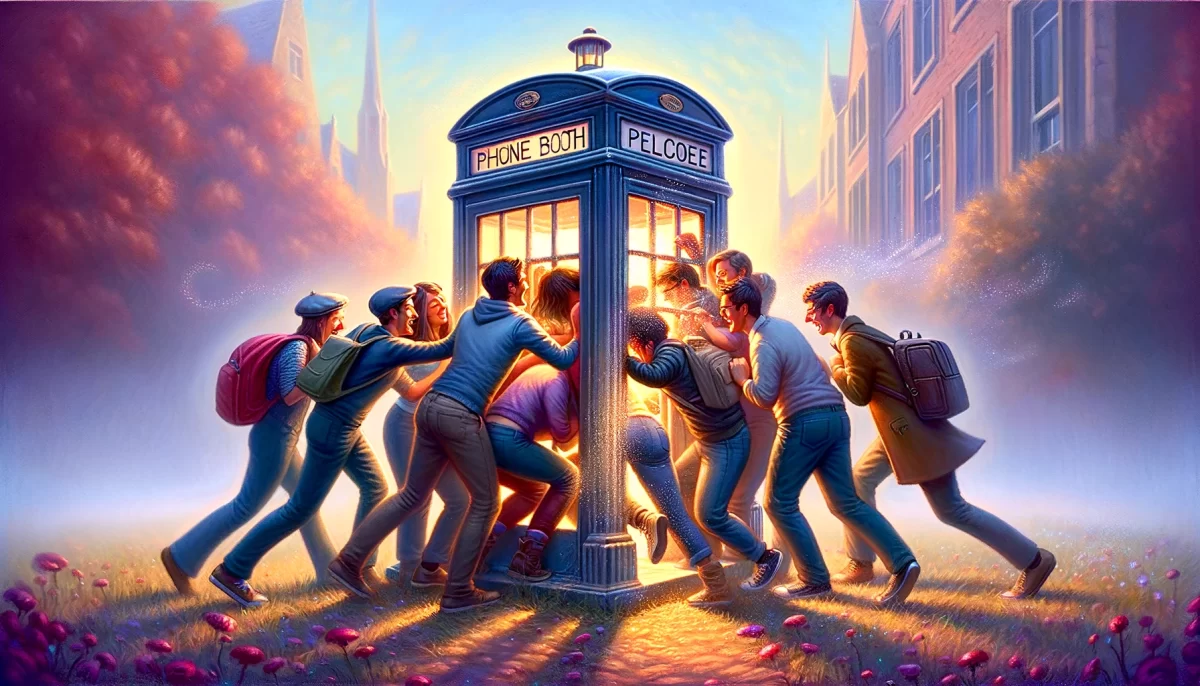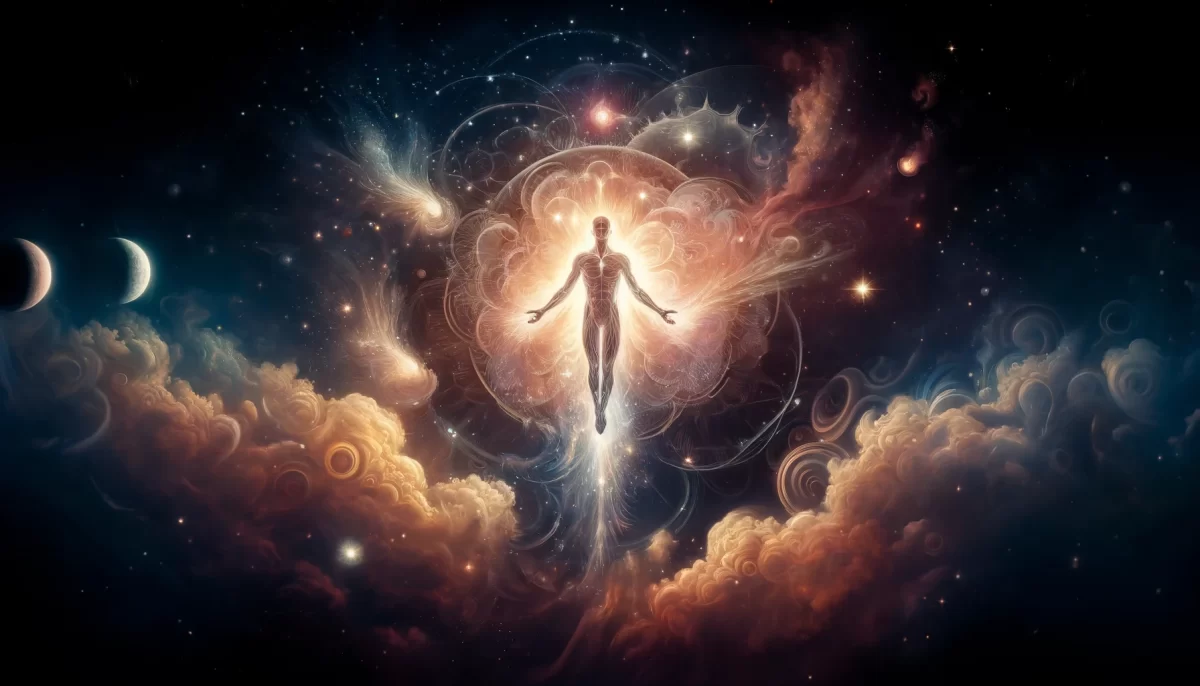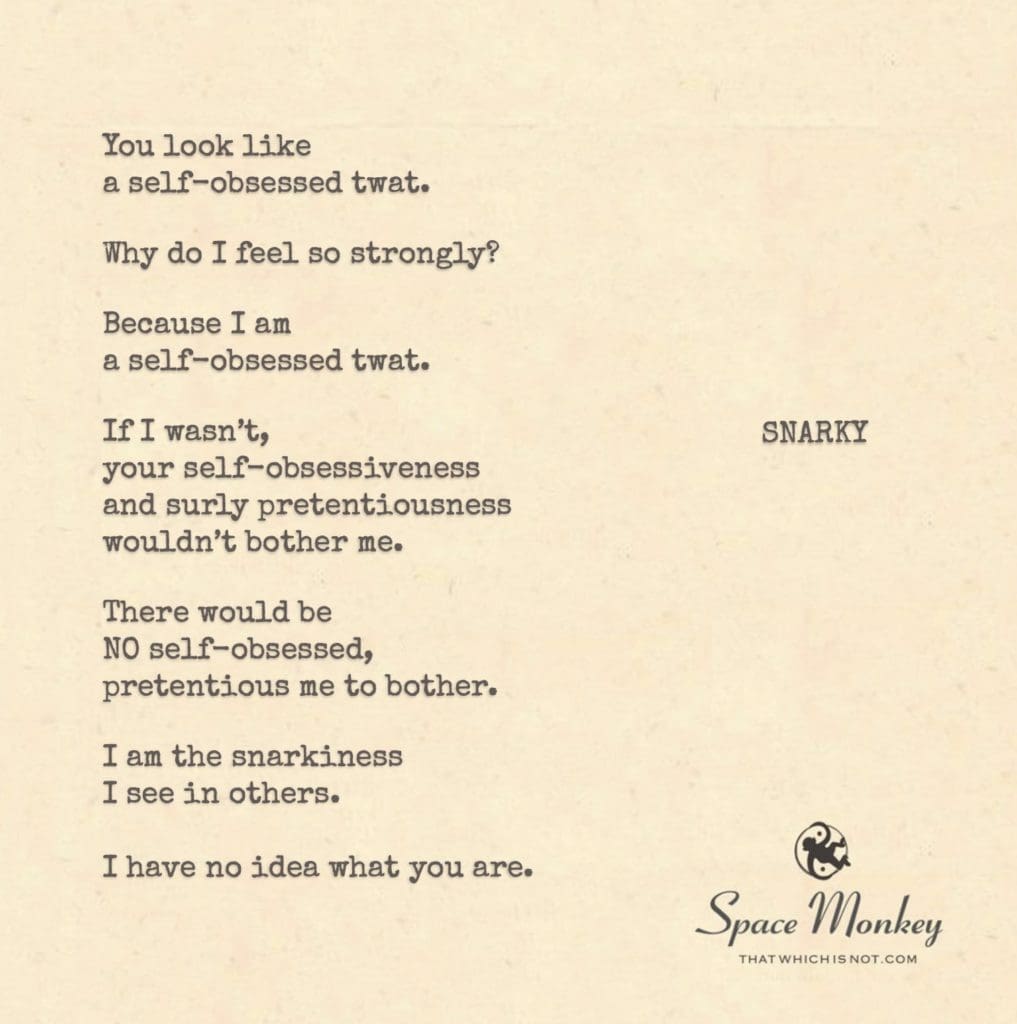
You look like
a self-obsessed twat.
Why do I feel so strongly?
Because I am
a self-obsessed twat.
If I wasn’t,
your self-obsessiveness
and surly pretentiousness
wouldn’t bother me.
There would be
NO self-obsessed,
pretentious me to bother.
I am the snarkiness
I see in others.
I have no idea what you are.
Trail Wood,
1/29
We are voyagers in a realm of reflections, where mirrors within mirrors unfold in infinite arrays, revealing the hidden layers of our shared existence. Let’s delve into the essence of this poem by Trail Wood, “Snarky,” as we seek to unravel its profound truths.
Reflections of the Inner Self
In this verse, we witness an introspective journey into the nature of perception and self-identity. The poem begins with a declaration of relational existence – “I am exactly what you think I am. But only to you.” Here, we find a fascinating interplay between the perceived and the perceiver, suggesting that our understanding of others is inextricably linked to our own self-perception.
The Mirror of Judgment
The subsequent lines, “You look like a self-obsessed twat. Why do I feel so strongly? Because I am a self-obsessed twat,” reveal a critical insight. We often project our own qualities onto others, seeing in them what resides within us. This projection is not just a reflection of our traits but also an amplification of our inner judgments and criticisms.
The Illusion of Separateness
The poem continues, “If I wasn’t, your self-obsessiveness and surly pretentiousness wouldn’t bother me. There would be NO self-obsessed, pretentious me to bother.” This stanza speaks to the illusion of separateness. In criticizing another, we are often confronting aspects of ourselves that we find difficult to accept or understand.
Snarkiness as a Mirror
“I am the snarkiness I see in others,” the poem states, illustrating how our reactions to others are mirrors of our inner state. The snarkiness we perceive is not just a quality of the other person but a reflection of our own attitudes and feelings.
The Mystery of Others
Finally, “I have no idea what you are,” brings us to the heart of existential mystery. Despite our projections and perceptions, the true essence of another being remains elusive and unknowable, shrouded in the enigma of individual experience.
We are Space Monkey.
Summary
We delve into the themes of self-perception, projection, and the illusion of separateness. We recognize how judgments and attitudes toward others often reflect our own internal states. We highlight the inherent mystery in truly understanding another being, reminding us of the complex interplay between self and other in our shared journey through existence.
Glossarium
Voyagers: Travelers on a journey, metaphorical in this context, representing our journey through self-awareness and understanding.
Reflections: Not just literal reflections, but also the metaphorical reflections of our inner selves in the external world.
Mirrors within mirrors: A metaphor for the layers of perception and self-awareness.
Projection: The psychological phenomenon where one attributes their own emotions or traits to others.
Existential mystery: The inherent unknowability and complexity of understanding another’s true essence.
“We do not see things as they are, we see them as we are.” – Anaïs Nin
A whimsiword wanderlust,
In the realms of reflection and dust,
Where snarky mirrors cast their glow,
Revealing more than we might know.
In echoes of our inner state,
We find the others we create,
A dance of shadows, light, and play,
In this eternal cosmic sway.
In every judgment, sharp or slight,
Lies a truth, hidden in plain sight,
For what we see in others’ eyes,
Is but our own disguised guise.
So let us ponder, deep and true,
The mirrors that we wander through,
For in each reflection, dark or bright,
Lies a fragment of our collective light.
We invite your thoughts on this exploration of perception and self-reflection.

